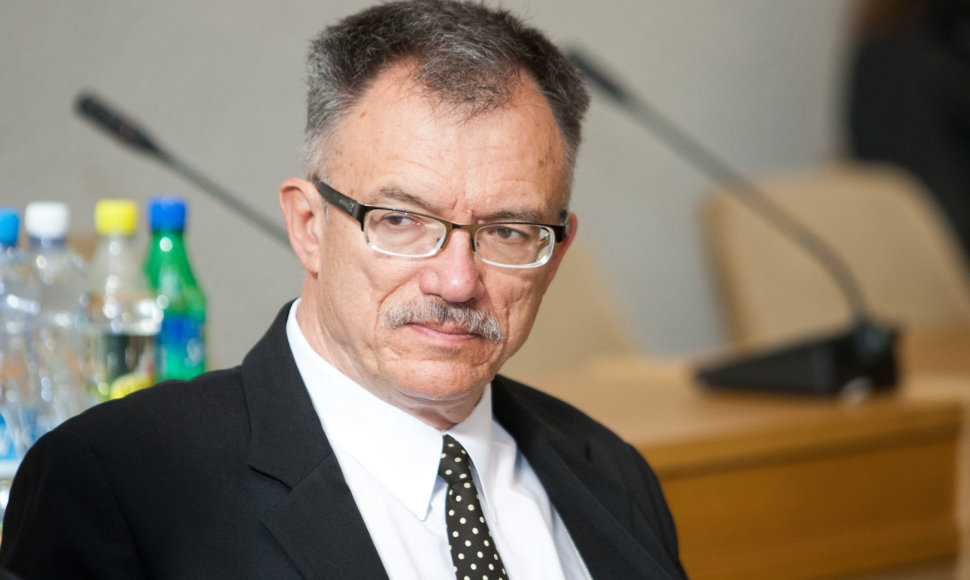"What is the most important thing during this velvet revolution is that no blood has been shed and the most important this that it should not be shed. And the presence of diplomats and especially journalists here in Crimea is very significant. Every journalist and diplomat would make a small contribution to the reduction of the possibility of bloodshed. Therefore, I would very much urge our colleagues from European countries to come to Crimea," Vaitiekunas told BNS on Thursday morning.
"I believe that my workplace in Ukraine is now here in Crimea. To be with those people, to help them avoid bloodshed. I am very glad that I meet Lithuanian and Latvian journalists here and I think that they are doing a very significant and serious job," the ambassador said.
On Wednesday, Vaitekunas and his Latvian counterpart tried to enter the headquarters of the Navy of Ukraine's Armed Forces in Sevastopol but were not let in. "Yesterday at around 9 p.m. me and my colleague Latvian ambassador were not let into the navy headquarters. We wanted to meet with rear admiral Sergey Gaiduk," the Lithuanian ambassador said, adding that protesters blocked their way but there were also armed military without identification signs.
"The gates were blocked from the outside, there were around 70 Sevastopol protesters and probably some six Russian military, well-armed and equipped, but, of course, without identification signs. There were also two Russian minivans without identification signs, with tinted windows, and they were standing on both sides of the road a bit further. I think there were plenty of Russian armed forces," Vaitiekunas said.
"We wanted to talk to the rear admiral about the situation, what is going on. To hear it from the horse's mouth. But we only had the chance to talk to the protesters, with those people who were blocking. They were very aggressive and talked to us in high tone," Vaitiekunas said.












